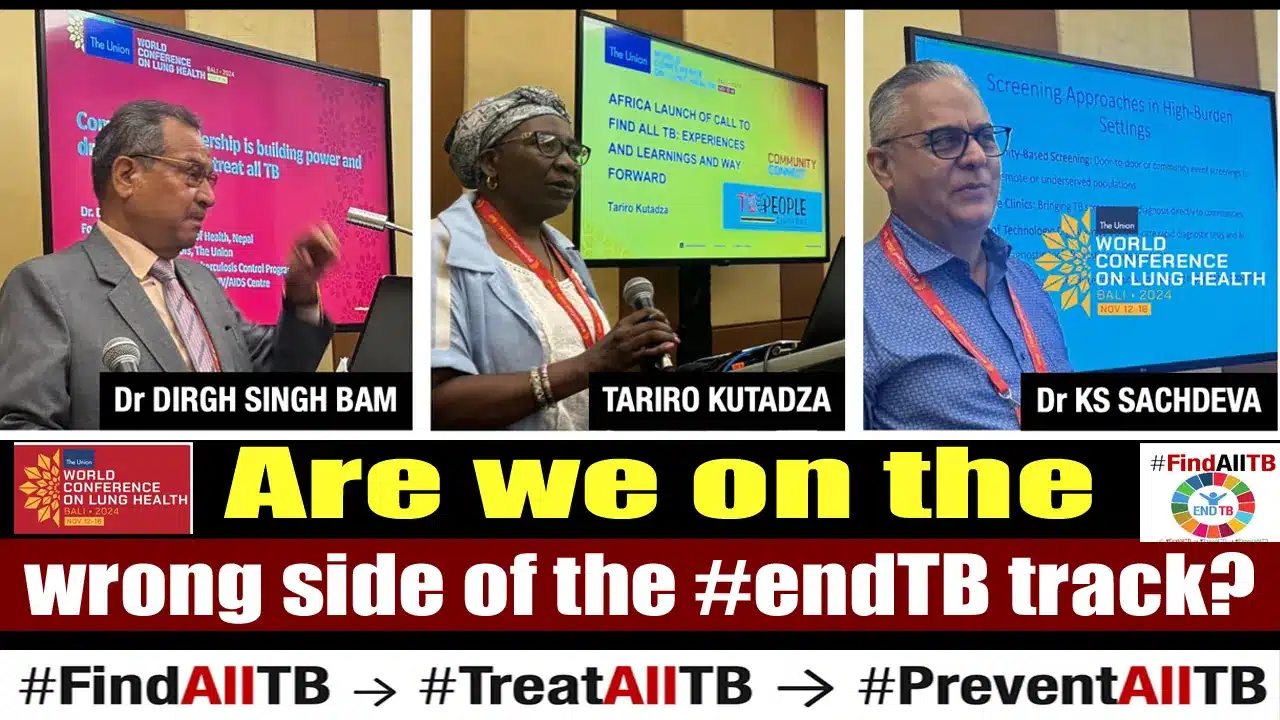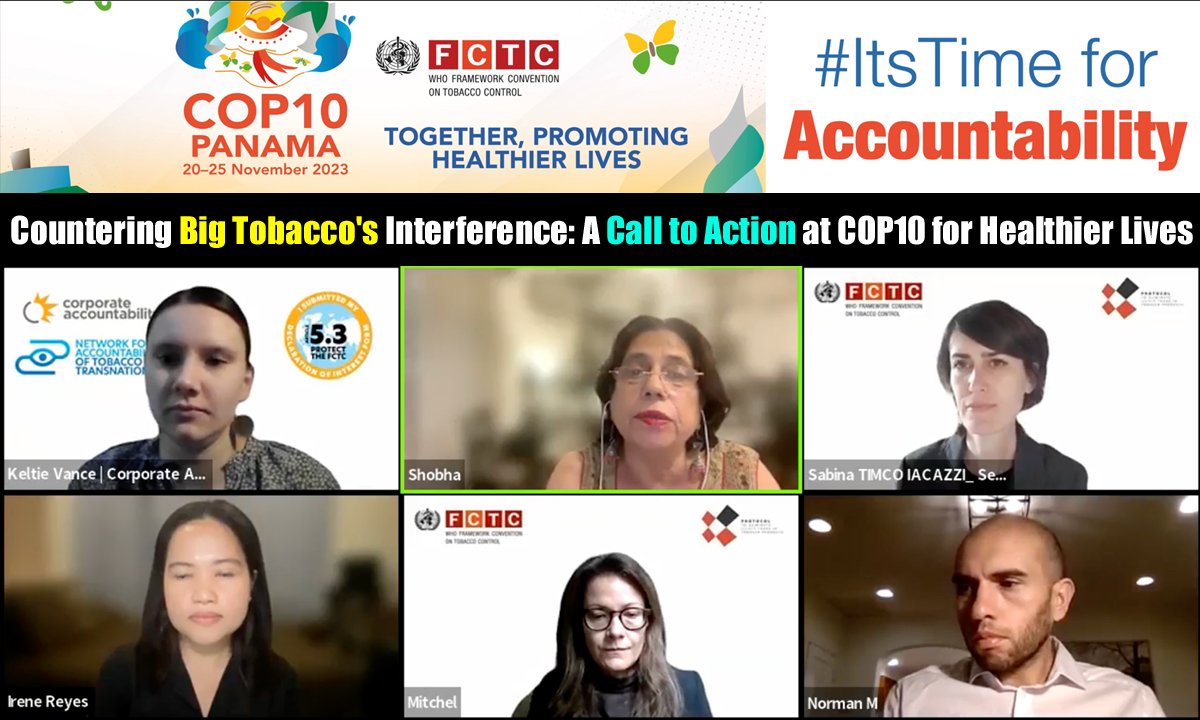LASTEST NEWS
A year without sex: How the loss of intimacy changed lives
From the stress and illness to the far-flung social rules, the past year has been a deceptive time for our sexual lives. Natasha Preskey looks at how Covid-19 has affected our relationship and intimacy
In the days leading up to the announcement of the first national lock, Grace was bracing herself to retrieve Hinge. The 23-year-old broke up with her boyfriend just two weeks before the government started working from home at the end of March, and she allowed herself to be “for a while” before returning to dating. “I was saying, ‘I’m going to start dating in a few weeks’,” London told me by phone at his parents’ house, where he lives with his younger brother and sister. “Then we were locked inside our houses, so that that wouldn’t happen.”
Ten months after the launch of the first round of restrictions, Grace was one day isolated from the community. As the university student lives with her vulnerable mother at the clinic, going out to meet a stranger once left her feeling worried about the potential danger to her family. “After that, I thought, ‘No, it really doesn’t seem right,'” he said. “I’d better wait until this is over.”
Grace has never had sex in a relationship so far this year, when her ability to deal with intimacy has changed, the first few months have been some of the most difficult. “I texted a lot and had sex,” she says. “After that, I just lost interest for a while.”
Social segregation guidelines mean that many unmarried people have not been able to have sex with anyone since it was first closed on March 23. Sex between people who do not live together or support each other was not legalized in June when the government set its own anti-social policies in the legislature. Knowing that other people will be doing it anyway, the Terrence Higgins Trust has issued eyebrow advice on how to have sex and reduce Covid risk, including the recommendation to wear face masks during sex.
In September, the government added exemptions to the non-sexual law on couples in an “established relationship”, although ministers did not provide clarification on what this meant. Even after an uncomfortable discussion with Sky News’s Kay Burley on the matter, fraudster Matt Hancock would not elaborate on the rules beyond the fact that, “there must be limits”.
Now that the country has returned to national detention, after months with coded code, contact with anyone who does not live with them in the house (except for support drums) is banned, meaning those who did not want to date may extend their drought by at least a few months. But what about casual sex?
“The temptation is: ‘If I find someone attractive, will I be able to stay out of the community?'” – Hilda Burke, psychiatrist
Like Grace, many of Hilda Burke’s psychotherapists’ clients felt nervous about going on dates – even socially far away – during the epidemic. “There is a temptation:‘ If I find someone attractive, will I be able to stay away from the community? ’,” Burke said. “The people I’m talking to are honest with themselves about that, and they may be making a mistake on the side of warning about physical contact.”
Josh * lives far away from the man he first met before the epidemic. And by wanting to follow the rules, the 28-year-old, who lives with his mother and two younger brothers, feels obligated to protect his mother, a nurse, and his younger brother, who suffers from asthma, from unnecessary risk. While her sex life was being cut short, Josh says he first “crashed” at first. “I drank a lot, I found myself walking around with bottles of wine,” said Josh, speaking by telephone at his mother’s house in north London. “I didn’t know how to use my energy.”
Josh and Grace’s frustration is not simply a matter of being sexually harassed. Throughout the epidemic, scientists have warned that a lack of skin-to-skin contact with other people could result in what is known as a lack of affection, or ‘skin hunger’, a neurological problem that can affect us mentally and physically. Human touch triggers the release of oxytocin, a chemical messenger that plays a role in interacting with others. It also alters the release of serotonin (a neurotransmitter that affects mood) and affects our stress system, lowers our heart rate, and lowers the stress cortisol hormone. Human touch is essential to our well-being.
“I just didn’t know how to use my power” – Josh, 28
And then, while, for many, the absence of close relationships with loved ones has become a source of stress and a sense of closeness, for some, sex has always been the most important thing on their minds. Aside from the obvious barriers that come with social isolation, feelings of anxiety, stress and depression have killed many people with libido, according to Relate Relations Adviser Peter Saddington.
“People are very worried, and it’s much harder to build a third party than they were the first time,” Saddington said. “And, obviously, no matter what Covid is like, depression has a profound effect on people ‘sexual misconduct.” Even for those with a roommate, locking up often is not an easy time to get close, especially for those with children at home who used to be at school, he adds. For many, physical intimacy has taken the back seat to “focus more on the survival of daily life”.
Burke has seen the effect of “separation” on his clients’ relationship, and many couples have had too much sex because of their free time, or have little interest in intimacy due to the “non-renewal of their lives”.





